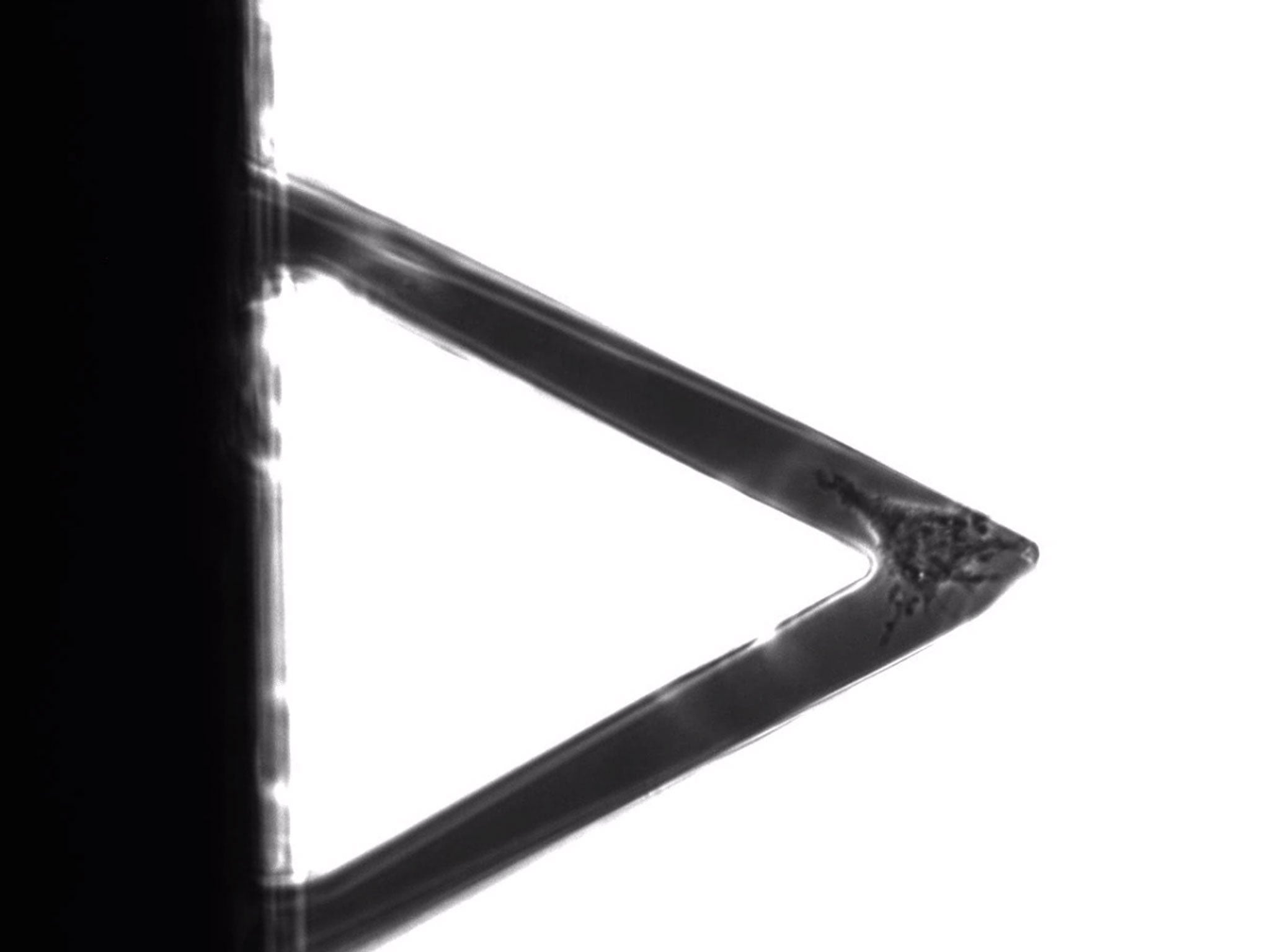New sensor could find aliens by searching for tiny vibrations on other planets
Scientists currently use chemical tests to search for life — but that depends on us knowing how potential aliens live and breathe

A new sensor that tracks the tiniest movements of living organisms could help us find life on other planets.
For now, scientists test for chemicals to check for possible living things — as when Nasa found signs of life on Mars earlier this month. But the new technique could complement that, and provide further detail on how things live and breathe.
And because the chemical test requires us to already know the “metabolic pathways involved” — that is, how the chemicals that keep the beings alive work — the new test could pick up information from living creatures that we may never have been able to find before.
The technique uses tiny oscillators to track the small movements of living bodies. The intensity of those movements can indicate how viable they are as life forms, and “conveys information related to their metabolic activity”, researchers write a new paper discussing the findings.
Using that information, researchers might be able to find out new information about how things can live in extreme environments, write the papers authors, Sandor Kasas, Francesco Simone Ruggeri, Carine Benadiba, Caroline Maillard, Petar Stupar, Hélène Tournu, Giovanni Dietler, and Giovanni Longo.
Join our commenting forum
Join thought-provoking conversations, follow other Independent readers and see their replies
Comments
Bookmark popover
Removed from bookmarks